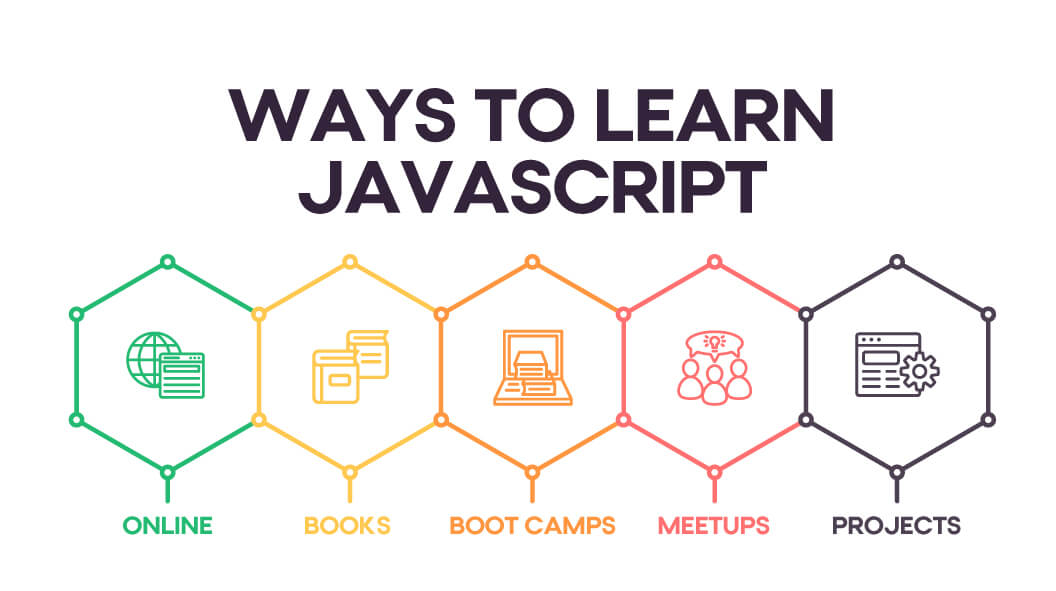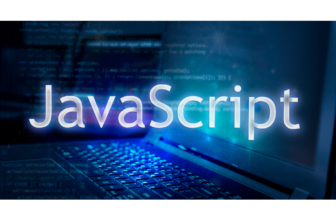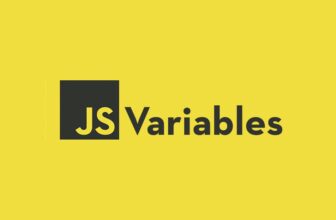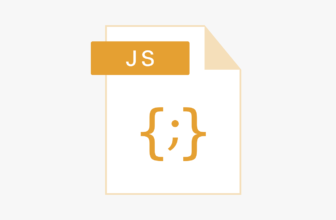
JavaScript Learning – 4 Points why Math is Important?
While JavaScript might not seem like it at first glance, understanding some basic mathematics and algebra is surprisingly important for learning and mastering the language. Here’s why:
1. Working with Numbers:
JavaScript is fundamentally about manipulating data, and a large portion of that data is numerical. You’ll be constantly performing calculations, like:
- Adding and subtracting: Calculating prices, discounts, and distances.
- Multiplication and division: Scaling images, animating objects, and distributing resources.
- Percentages: Calculating discounts, progress bars, and animation timings.
Without a solid grasp of these basic math operations, you’ll struggle to handle even the simplest JavaScript tasks.
2. Variables and Logic:
Variables are the bread and butter of programming, and they represent values that can change throughout your code. Understanding how to declare, assign, and manipulate these variables using basic algebra is crucial. You’ll be using equations and inequalities to:
- Compare values: Check if a user is old enough to register, if a score is high enough to win, or if an element is within specific bounds.
- Increment and decrement values: Update scores, countdown timers, and track page views.
- Use formulas: Calculate areas, volumes, or complex animations based on mathematical equations.
Without this foundation in algebra, you’ll find it difficult to write dynamic and interactive JavaScript code. Explore this – https://webtirety.com/reviews/how-javascript-works/
3. Functions and Arrays:
Functions are reusable blocks of code that perform specific tasks, and they often involve mathematical operations. Understanding how to pass arguments, return values, and perform calculations within functions is essential. You’ll be using functions to:
- Calculate complex mathematical expressions: Like finding the average of an array of numbers or the distance between two points.
- Manipulate arrays: Sort data, filter elements based on conditions, and perform calculations on each item.
- Create custom algorithms: Implement game mechanics, animation effects, or data analysis based on mathematical principles.
Without a grasp of basic algebra, writing efficient and meaningful functions becomes much harder.
4. Debugging and Optimization:
When your code isn’t working as expected, understanding the underlying math can help you identify and fix errors. You’ll be able to:
- Trace the logic: Analyze how variables change, identify incorrect formulas, and pinpoint errors in calculations.
- Optimize code: Simplify complex expressions, reduce unnecessary calculations, and improve the performance of your program.
- Debug edge cases: Test your code with different inputs, identify unexpected results, and ensure it works as intended for all scenarios.
A strong foundation in math allows you to approach debugging with a logical and analytical mindset, saving you time and frustration.
Remember: While you don’t need to be a math whiz to learn JavaScript, having a comfortable understanding of basic concepts will significantly smooth your learning curve and open doors to creating more powerful and dynamic code.
So, don’t shy away from the numbers! Embrace the power of math and algebra, and you’ll be well on your way to mastering the wonderful world of JavaScript.
Learn JavaScript Free Online at https://www.w3schools.com/js/default.asp






